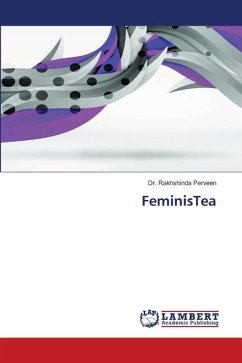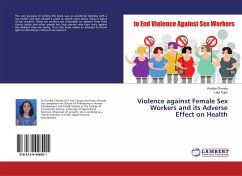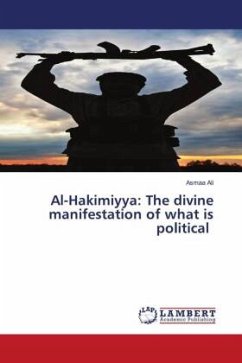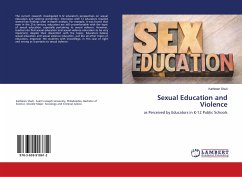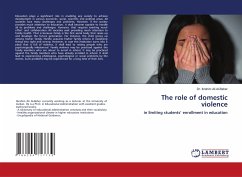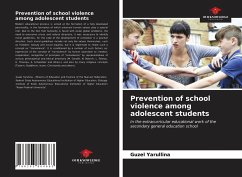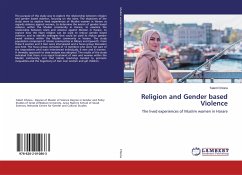
Religion and Gender based Violence
The lived experiences of Muslim women in Harare
Versandkostenfrei!
Versandfertig in 6-10 Tagen
36,99 €
inkl. MwSt.

PAYBACK Punkte
18 °P sammeln!
The purpose of this study was to explore the relationship between religion and gender based violence, focusing on the Islam. The objectives of the study were to explore lived experiences of Muslim women in Harare as regards violence against women, to determine the extent of gender based violence within the Muslim community in Harare, to examine the relationship between Islam and violence against Women in Harare, to explore how the Islam religion can be used to reduce gender based violence, and to identify strategies that could be used to reduce gender based violence within the Muslim community...
The purpose of this study was to explore the relationship between religion and gender based violence, focusing on the Islam. The objectives of the study were to explore lived experiences of Muslim women in Harare as regards violence against women, to determine the extent of gender based violence within the Muslim community in Harare, to examine the relationship between Islam and violence against Women in Harare, to explore how the Islam religion can be used to reduce gender based violence, and to identify strategies that could be used to reduce gender based violence within the Muslim community in Harare. The study population comprised of Islamic communities in Mbare and Epworth. From these 9 women and 3 men were interviewed and a focus group discussion was held. The focus group consisted of 12 members who were not part of the respondents who were interviewed individually, 6 men and 6 women. A thematic approach to data analysis was adopted. The results of the study indicated that there is no equal treatment of men and women within the Muslim community, and that Islamic teachings tended to promote inequalities and the hegemony of men over women and girl children.



